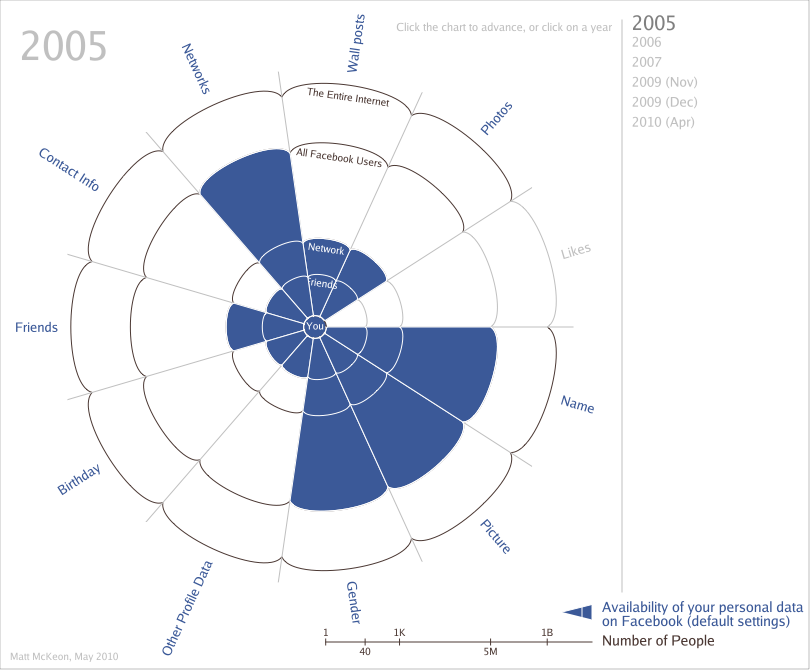Why Companies and Consumers Cannot Ignore Pokemon Go's Big Data Privacy Mistake, by Denelle Dixon-Thayer of Mozilla
Adam Rifkin stashed this in Pokemon Go
Businesses must be intentional, responsible and clear about the data they collect, and provide their customers with real choices.
Developers need to collect data from users to create apps and experiences like Pokémon Go, but we often feel resigned to choose between Pikachu or privacy. A University of Pennsylvania study published last year found that 58 percent of Americans have come to accept that they have little control over what companies can learn about them, even though they would like to be in control.
It doesn’t have to be this way. Businesses must be intentional, responsible and clear about the data they collect, and provide their customers with real choices. Powerlessness breeds mistrust, and a system based on mistrust benefits no one. On the other hand, earned trust drives adoption and lasting success.
There are three simple steps companies can take to earn trust:
- Stay lean. Do you need to know when someone is scheduled for a doctor’s visit? Do you need access to their 27 selfies in front of a national monument? Focus on the data you need and leave the rest alone.
- Build in security. There is no one-size-fits-all security solution. The volume and type of data to which your company has access will determine the appropriate security measures.
- Engage your consumers. Help people see the value you’re bringing to them by using their data. Chances are they will be happy to trade in their data for a customized experience.
This doesn’t mean consumers are off the hook. We shouldn’t just shrug and breeze through privacy notices accepting whatever permission levels are required. We don’t realize just how powerful we can be if we take full ownership of our data. Replace “data” with the word “dollars” and the value exchange becomes a lot more tangible. Indifference and inaction toward data collection become a lot more absurd. Information is currency.
As the lifeblood of any business, consumers have a unique opportunity to leverage their trust as a way to regain control of their data. Opting out is the most direct path, but not necessarily the right one for you (or the most fun).
Here are a few other things people can do to take back control of their data:
- Learn about and use the privacy and security settings on your computer and phone and help others to understand how they work.
- Take it to social media and spread the word about the companies that do great things, as well as those that do “bad things” around data.
- Support organizations that advocate for better privacy, and use products built with a focus on privacy.
Denelle Dixon-Thayer on privacy: "There's no such thing as a safe back door."
Read more: http://time.com/4263121/apple-fbi-backdoor/











5:47 PM Aug 16 2016